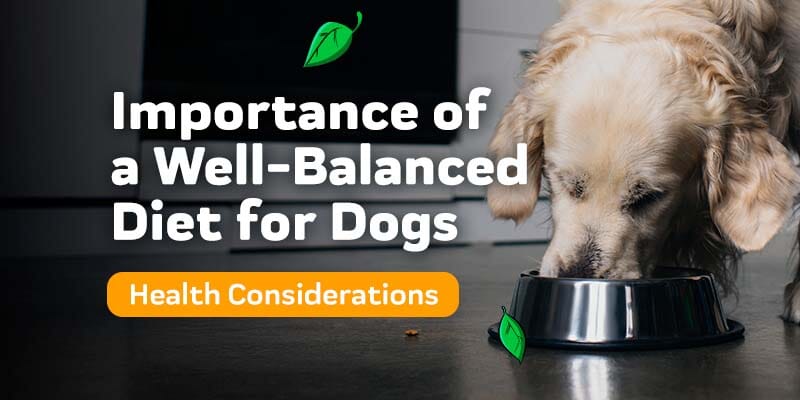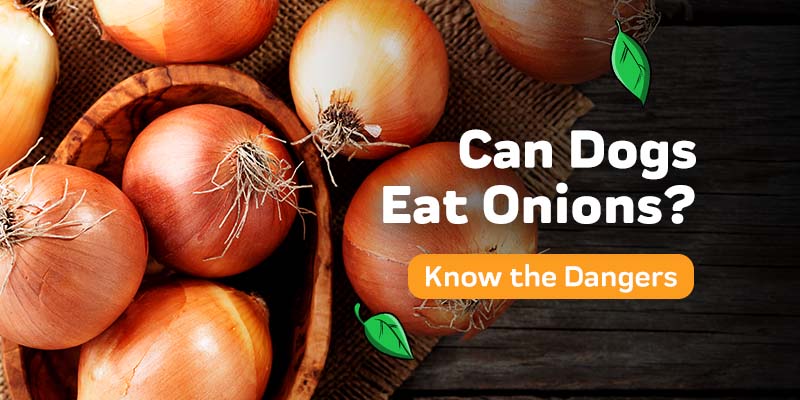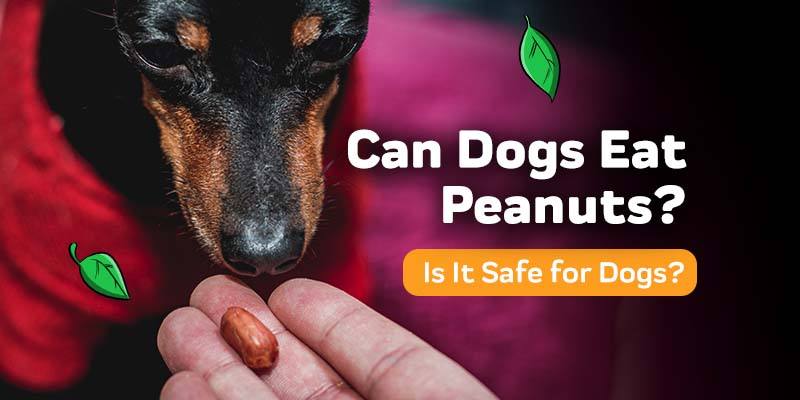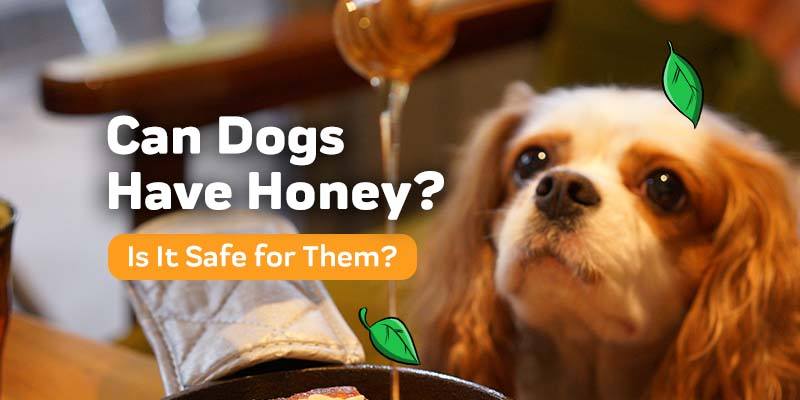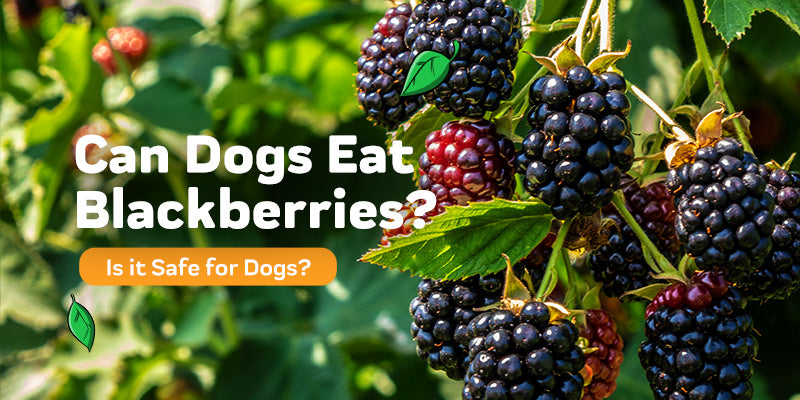We want to give our cats peanut butter and we see people in real life and in online videos giving their cats peanut butter, but is it really safe? Can cats eat peanut butter? Well, the answer is not as simple as yes or no. Read below to learn when it is a good idea to give your cat peanut butter.
Is Peanut Butter Toxic to Cats?

It can be physically hard for cats to swallow, getting stuck in their mouths. There is the possibility that a large amount of peanut butter at one time could pose some risk of an alarming or dangerous situation. Nope, not at all. If someone makes you feel like you're going to kill your cat just by giving it a little peanut butter, they're scaring you unnecessarily.
Some sugar free and organic peanut butters contain Xylitol which can be very toxic to dogs. Make sure to keep an eye out for this ingredient. Most cheap peanut butter brands like Jiff brand are free of Xylitol and are completely safe for cats and dogs.
The Pros
Peanut butter is a tasty snack that humans get a lot of pleasure in, so they want to share it with their cat like they do with many types of human food.
It is also a creamy texture that seems right up a cat's alley.
Cats enjoy eating it, and you enjoy watching it.
Many pet owners also like to use peanut butter to get cats to take medications. It masks the taste really well, and like any treat, gets a cat excited to eat whatever you're offering so they may gobble it up before realizing there's medicine in there. The rich taste and thick consistency of peanut butter make it a more promising candidate for giving medications than many other foods because it can effectively mask nasty tastes and consistencies in a smaller amount of food. It makes it quicker and easier to dispense the medication.
Peanut butter seems pretty healthy because it's high in protein and other ingredients.
Cons
The drawbacks to peanut butter for cats all come down to the amount they eat.
Nutrition
Peanut butter, while high in protein and other healthy nutrients, is high in sugar and carbohydrates. We all know it is possible to have too much of these things, but cats struggle more with them. Their natural diet doesn't contain much sugar or carbohydrates, so their body hasn't had to learn how to process them very well. Their bodies are made to be lean and to process a high protein, low fat, low sugar, and low carbohydrate diet.
Too much peanut butter can make your cat overweight or obese or facilitate health conditions.
Swallowing
Don't leave your cat alone with peanut butter or serve it in a heaping spoonful. If the cat gets too much in its mouth, it may just be a funny scene where the cat has to do cute things with its face to remove it or it may get stressed out if this takes it a long time and there is a small risk that it could get choked.
If you do give your cat peanut butter, watch it while eating, and if you serve it peanut butter in a spoon such as to give it medication, keep the helping on the smaller side. Think of the size of the cat's mouth and what it could reasonably swallow.
Allergies
Cats can have food allergies and some cats have allergic reactions to peanut butter, or other ingredients mixed into the peanut butter besides the obvious.
If you have just started to give your cat peanut butter, watch them to see how they handle it.
Sudden development of these symptoms they indicate a food allergy:

- vomiting
- diarrhea
- gas
- skin changes
- scratching
- fur loss
- coughing
- wheezing
- sneezing
Be mindful that it is also possible for a food allergy to develop at any time in life, so if your cat has had peanut butter but they start having these symptoms in a pattern after eating peanut butter, they could have developed an allergy to it.
If the symptoms do not quickly go away, occur with other symptoms, or are severe, you should take your cat to the vet to ensure they don't have an illness or need medical assistance for a severe allergic reaction.
The Answer
Cats can eat peanut butter in small amounts, if they are not allergic to it. Peanut butter may be a life-changing way to give your cat medicine. And in moderation, peanut butter can add enjoyment to you and your cat's lives.
Do be mindful of the amount you serve to your cat at one time, say on a spoon.
Do limit giving cats peanut butter to no more than three times a week.
Don't give them peanut butter while "unattended."
Don't freak out if they get in some peanut butter or you've given them some peanut butter.
Don't give peanut butter to cats with digestive problems or problems that may impact their ability to swallow.
Don't use peanut butter to round out the diet of a cat with nutritional problems.
Cat Nutrition
Cats should meet their nutritional requirements with high-quality cat food. Notice the high-quality. You can vary the cat foods so it doesn't seem so boring, but cat food is designed for cats for a reason. They have special diet requirements.
High-quality cat foods contain more of what your cat needs and less of what it doesn't. They need meat, mostly meat, and very little carbohydrates or fat.
Canned cat food should be a large part of their diet, though having a high-quality kibble can help maintain the constant, moderate access to food that your cat usually needs. Obese cats may need mealtime feeding only.
Cats should have clean water available at all times.
Table scraps, treats, and human foods are fun. But you want to limit the amount of these foods that your cat eats, particularly for cats who are overweight and with some types of foods that are toxic. Treats and safe human foods should make up no more than 10% of the cat's diet.
You might save treats and other foods not specifically made for cats for giving medication or calming a cat during a stressful event. Though if the latter happens too often, you'll probably need to think of another method of calming them. Regular feeding of treats and human foods can lead to weight problems or other health issues.
One problem with frequently giving them special foods is that they can get to where they are spoiled by it and don't want to eat enough of their cat food, where they're supposed to be getting their nutrients from.
If you want to research peanut butter and cats, it is helpful to know that peanuts are not really nuts at all, but legumes. Take this into consideration when educating yourself about cat nutrition.
How CBD Oil Might Help with Peanut Butter for Cats
If you want to give your cat peanut butter to address health concerns, CBD oil would often be a better option.
If you give your cat peanut butter to calm them when doing something unpleasant to them like taking them to the vet or when they get upset about a stressful event in the household, they may end up having to eat more peanut butter than is healthy for them. CBD oil is a popular anxiety aid for humans and cats, and they can take it on a regular basis without detriment to their health.
Maybe you're giving your cat peanut butter to aid their nutrition because they lost their appetite, can't chew, or are underweight. Well, first, we have to say that you should take them to the vet, if they haven't already been. These symptoms can be signs of very serious conditions and it's important to know how to treat these cats correctly. Now, for the main point, CBD oil aids cat nutrition with extra calories, protein, calcium, iron, magnesium, phosphorus, potassium, zinc, and folate with considerably lower sugars and carbohydrates and no danger of not being able to swallow it, unless the poor cat struggles to swallow anything. This would not be a primary nutrition source but an additional one.
If your cat gets diarrhea or suffers vomiting from eating too much peanut butter or having an allergic reaction, CBD oil is often used to ease nausea and lessen diarrhea and vomiting.
Or maybe your cat has been eating peanut butter and has gotten a little too overweight. CBD oil might help with some of the problems that come from being overweight such as inflammation, pain, and depression.
Using CBD Oil
There are many CBD oil products for cats that you can choose from to get what your cat likes and what suits their needs.
You can buy your cat:
Extract concentrates are just CBD oil in a container. It's kind of thick and it comes out in little beads that you can count to give your cat the right dose for their need, size, and age. It also contains no flavoring agents because it is just CBD oil, so many cats may not like it. Hemp has a distinctive taste that may be unpleasant. Thankfully, you can mask it in other foods and beverages with strong flavors.
Concentrates are the most cost-effective and, because they have only one ingredient, the simplest form of CBD oil.
Oil tinctures combine CBD oil with a carrier oil, and often a flavor, to make CBD oil more enjoyable to take on its own. It is dispensed with a dropper or a sprayer and you can measure out the dose by the number of drops or sprays. You can apply the oil directly into their mouth or in their food.
Capsules are easy, taste-free ways to give CBD oil to cats who don't mind pills. There isn't much in the way of a dosing option though. It's either one pill or two.
Treats are a fun way to give your cat CBD oil. Who doesn't love treats? These treats provide the benefits of CBD in a chewable base that is formulated for cat nutrition and safety. They come in both chewy and crunchy forms to suit your cat's taste. Unfortunately, like capsules, you can only dose by changing the number of treats. These are a very popular method of helping your cat for regular anxiety. You just buy the CBD treat dosed for your cat's needs and give the number suggested to them per day or as needed.
Dosing CBD Oil
Dosing is easy with capsules and treats. You just select the package for cats and for the right size cat and give the number of treats described.
Tinctures and concentrates give you more control over the dose and keep it simple by measuring with consistent beads, drops, or sprays.
Dosing depends on the weight, size, age, and overall health of the cat, as well as the reason you are giving the cat CBD. Some ailments actually respond better to less CBD than larger amounts.
If your cat is the average size and weight for their age, and are not very young or old, then you can probably go with the recommended doses. Otherwise, you may need to give them more or less than suggested and you may want to discuss exact dosing with your vet. Definitely discuss dosing with your vet if your cat has nutritional or weight issues or is very ill.
Research the ailment you wish to treat online or discuss CBD oil treatments with your vet to ensure you are giving them an effective dose. Unless you're buying a packaged CBD treat for anxiety or another specific ailment. They tell you what is an effective dose for that ailment on the package. The only concern then is if your cat is average or needs special considerations.
Start with the lowest dose recommended for the ailment and work up to what helps your cat.
Risks Associated with CBD Oil
CBD oil is pretty safe. That's a large part of its appeal. There are a few things to be mindful of to keep your cat 100% safe.
There is no known account of CBD overdose, in a cat, human, or anything else. The worst that can happen if they get too much CBD oil is that they may become sedated, lose their appetite, or develop diarrhea. Of course, no one wants their cat to have any of those things and they are particularly counter productive if the reason you are giving your cat CBD oil is to address a lack of appetite or digestive problems. Thankfully, it is pretty hard to give your cat too much CBD oil and you can prevent the possibility by starting with a lower dose. If you are continually increasing your cat's dose because they don't seem to be helped so far, speak to your vet before raising it again.
There aren't really any CBD side effects. Just the potential that they can suffer the three symptoms above if they get too much.
CBD oil alters the way the liver absorbs other medications, possibly requiring a change in dosing. If your cat is already on a medication, discuss CBD use with the cat's vet before use. If your cat is taking CBD oil, tell the vet before they prescribe any new medications or give it anything in their office. They may need to lower or raise doses accordingly.
So far, CBD oil has not been approved by the FDA. It is showing great promise in scientific testing but there simply hasn't been enough of it yet for FDA approval. That means it is kind of experimental right now, so it isn't wise to use it as a primary treatment for a serious or life-threatening illness without consulting your vet and/or unless they can't take anything else.
If your regular vet is not supportive of the use of CBD oil or not knowledgeable about it, but you really want to try it for your cat, look for a holistic vet in or near your area.
Purchasing CBD Oil
There are some things you should know when selecting the right CBD oil product for your cat.
The difference between Full-spectrum and CBD isolate is that CBD isolate is only CBD, meaning the manufacturer extracted only the cannabidiol from the hemp plant. Full-spectrum CBD oil contains cannabidiol as well as other cannabinoids and nutrients found in the hemp plant. The latter is actually the most popular form because people feel they will receive more benefits. There isn't really any scientific basis to back that up yet and people share positive results from both kinds, so the choice is really up to the pet owner. You may want to choose full-spectrum CBD oil for your cat to gain the extra nutrients should they have nutritional deficiencies. If you try one and it doesn't work, try the other before giving up on CBD oil altogether.
Third-party Testing
Some CBD oil manufacturers are not reputable, selling products with poor quality cannabidiol, less cannabidiol than advertised, or no cannabidiol at all. You can ensure you are buying a product that is safe and as advertised by looking for test results on the manufacturer's website. Reputable manufacturers have a third-party lab test each of their products so their potential customers can examine them and buy with peace of mind. Do look for them and read them.
Origin
You should also review the manufacturer's website to see if they tell you where they acquired their cannabidiol. Some manufacturers grow the hemp and extract the cannabidiol themselves, while others purchase the cannabidiol from someone else, and others use a combination of the two. The important fact is where the hemp was grown because some countries have safer growing regulations than others.
Extraction method
There are several ways to extract cannabidiol, but the CO2 method is the safest and purest of the options. Look for mention of it on the manufacturer's website as well.
Read the label
Check the ingredients list of any CBD oil product you intend to buy to ensure it has the smallest possible number of ingredients. Concentrates should only have one. Tinctures and capsules should have a few ingredients to aid in dispensing and potentially flavoring the cannabidiol. Treats will have the most ingredients. Whichever product you buy, you want it to contain only what is necessary and safe.
Consider starting your CBD oil journey with Innovet's CBD. We meet or exceed all of the criteria in this post.
Innovations from Innovet
We look for new ways to treat pet ailments and improve their lives. Whether you are asking can cats eat peanut butter because you want to give it as a treat for their enjoyment, to create a bond, or relieve stress, or you want to get them to eat when they don't have much appetite, we may have a solution for your cat.
If you've exhausted all the possible ideas, including our website, contact us to see if we can't create a new solution for your cat's unique situation. It's what we do.
Sources:
Can Cats Eat Peanut Butter?Is It A Safe Snack For Your Kitty?
A Guide To Cats And Peanut Butter
Can Cats Eat Peanut Butter?
Approved by:
Dr. Sara Ochoa
Doctor of Veterinary Medicine, St. Georges University

Sara Redding Ochoa, DVM was raised in north Louisiana. She graduated from LA Tech in 2011 with a degree in animal science. She then moved to Grenada West Indies for veterinary school. She completed her clinical year at Louisiana State University and graduated in 2015 from St. George’s University. Since veterinary school she has been working at a small animal and exotic veterinary clinic in east Texas, where she has experience treating all species that walk in the hospital. In her free time, she likes to travel with her husband Greg, bake yummy desserts and spend time with her 4-legged fur kids, a dog Ruby, a cat Oliver James “OJ”, a rabbit BamBam and a tortoise MonkeyMan.
Thanks for stopping by!
P.S. We Love You!
Sincerely,
The Innovet Team
Please do not ask for emergency or specific medical questions about your pets in the comments. Innovet Pet Products is unable to provide you with specific medical advice or counseling. A detailed physical exam, patient history, and an established veterinarian are required to provide specific medical advice. If you are worried that your pet requires emergency attention or if you have specific medical questions related to your pet’s current or chronic health conditions, please contact or visit your local/preferred veterinarian, an animal-specific poison control hotline, or your local emergency veterinary care center.
Please share your experiences and stories, your opinions and feedback about this blog, or what you've learned that you'd like to share with others.













